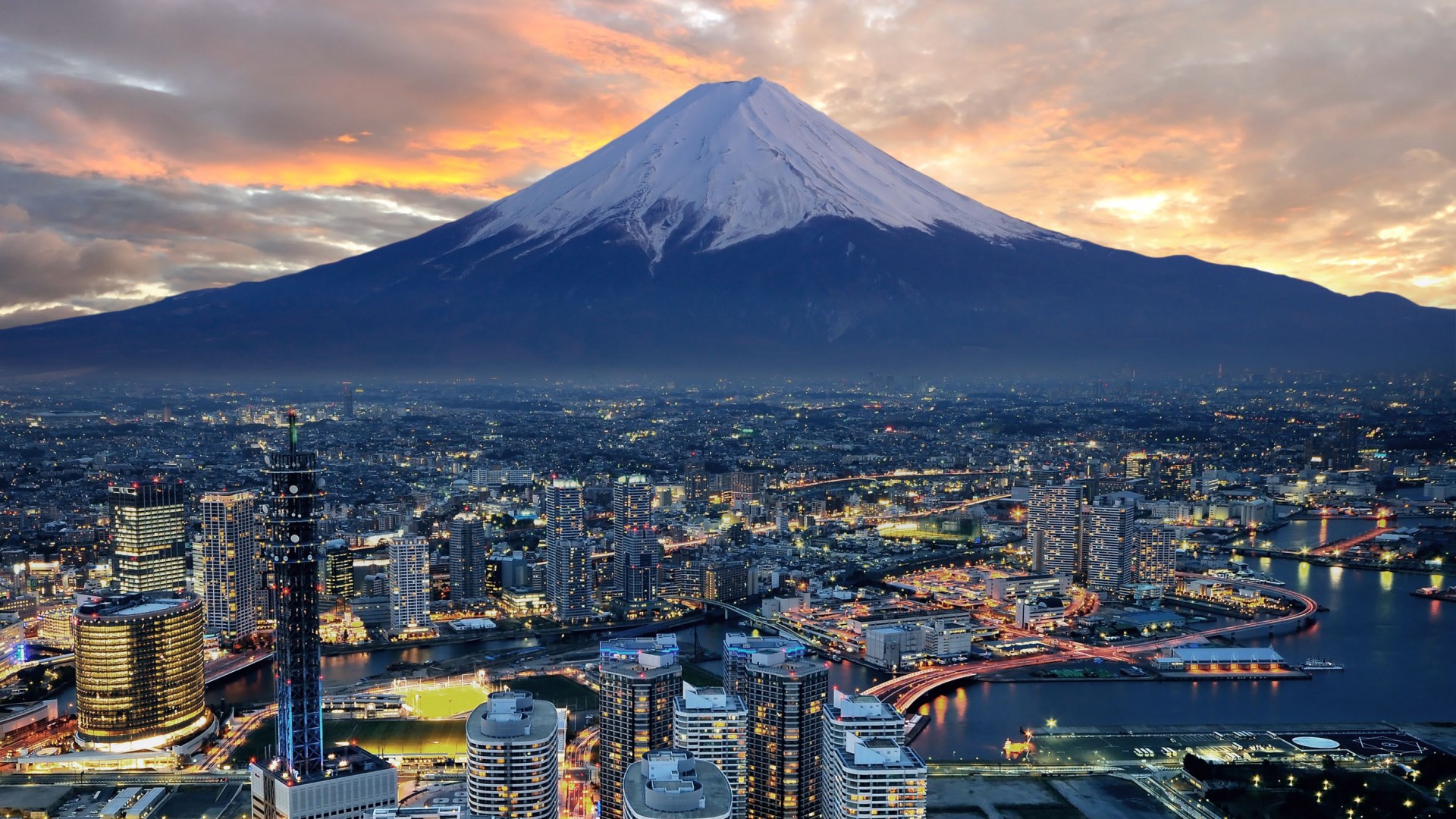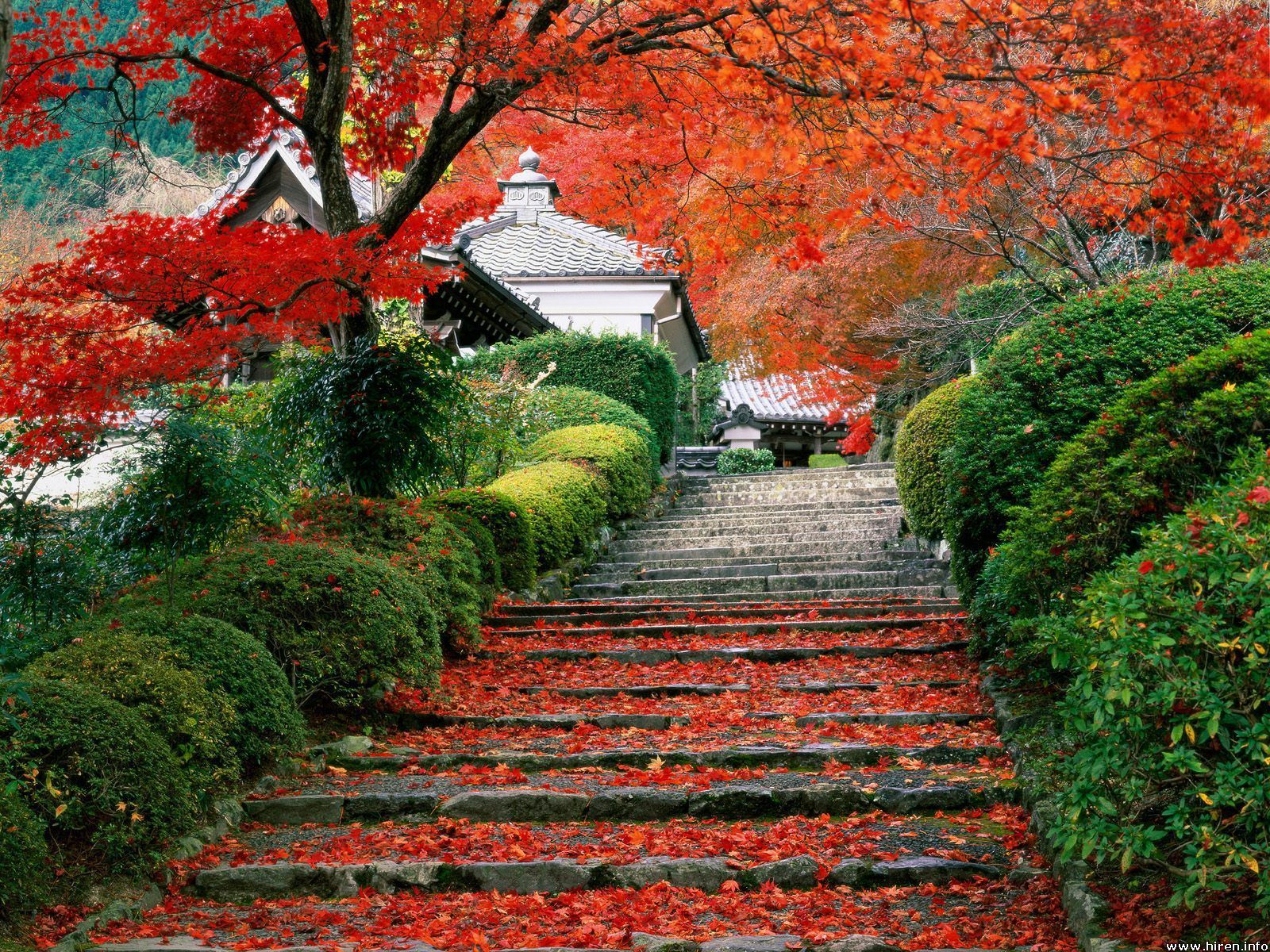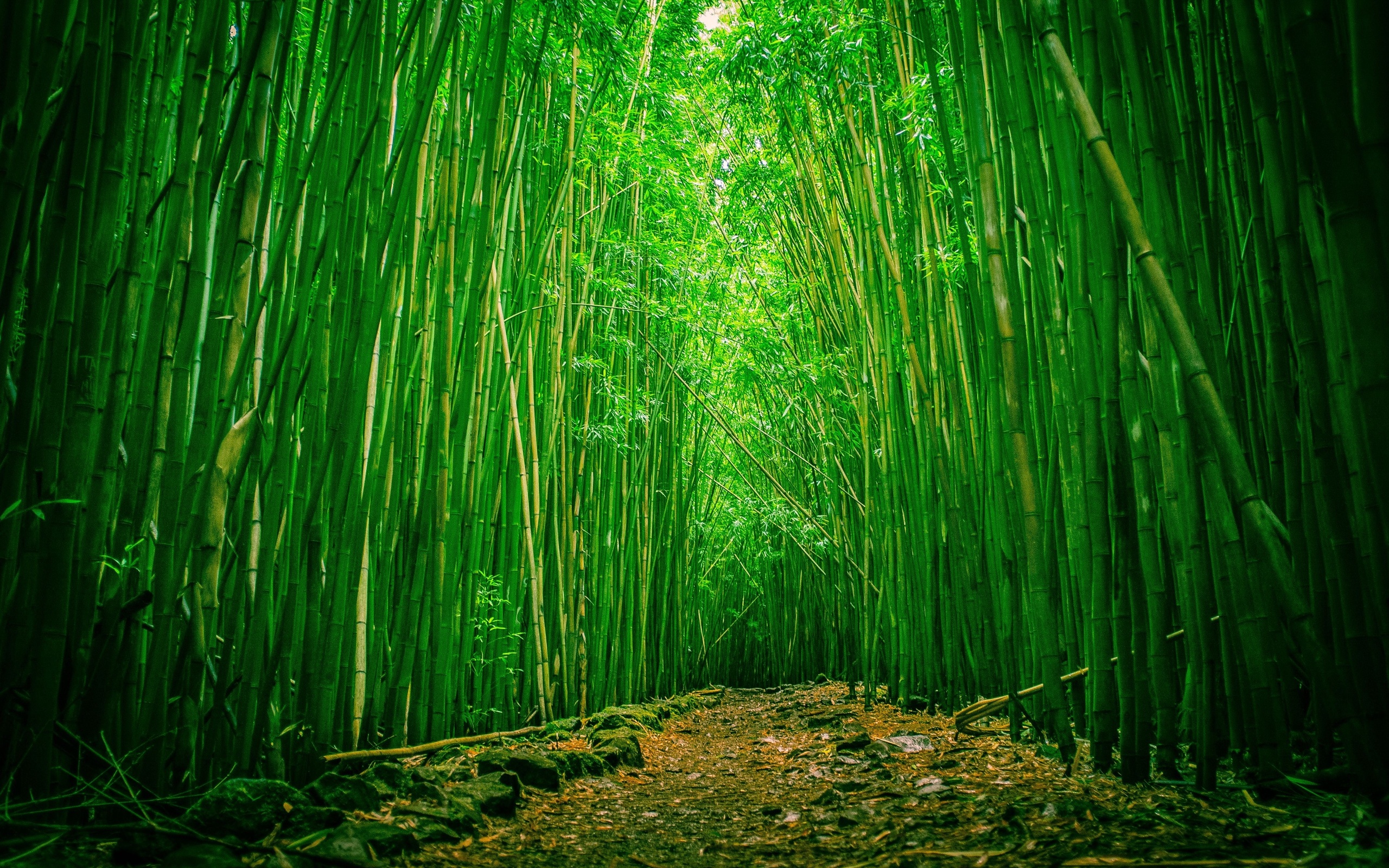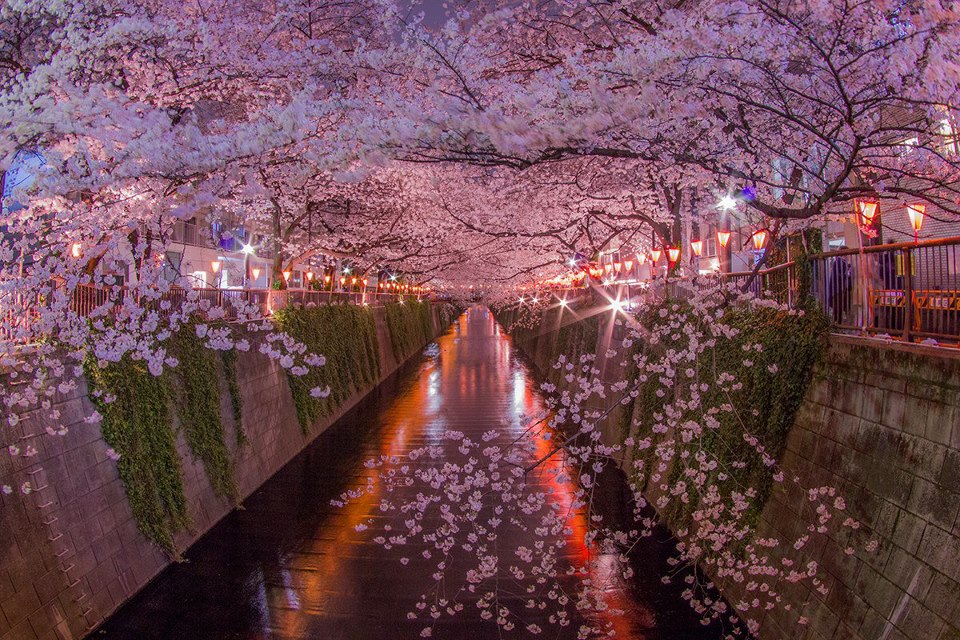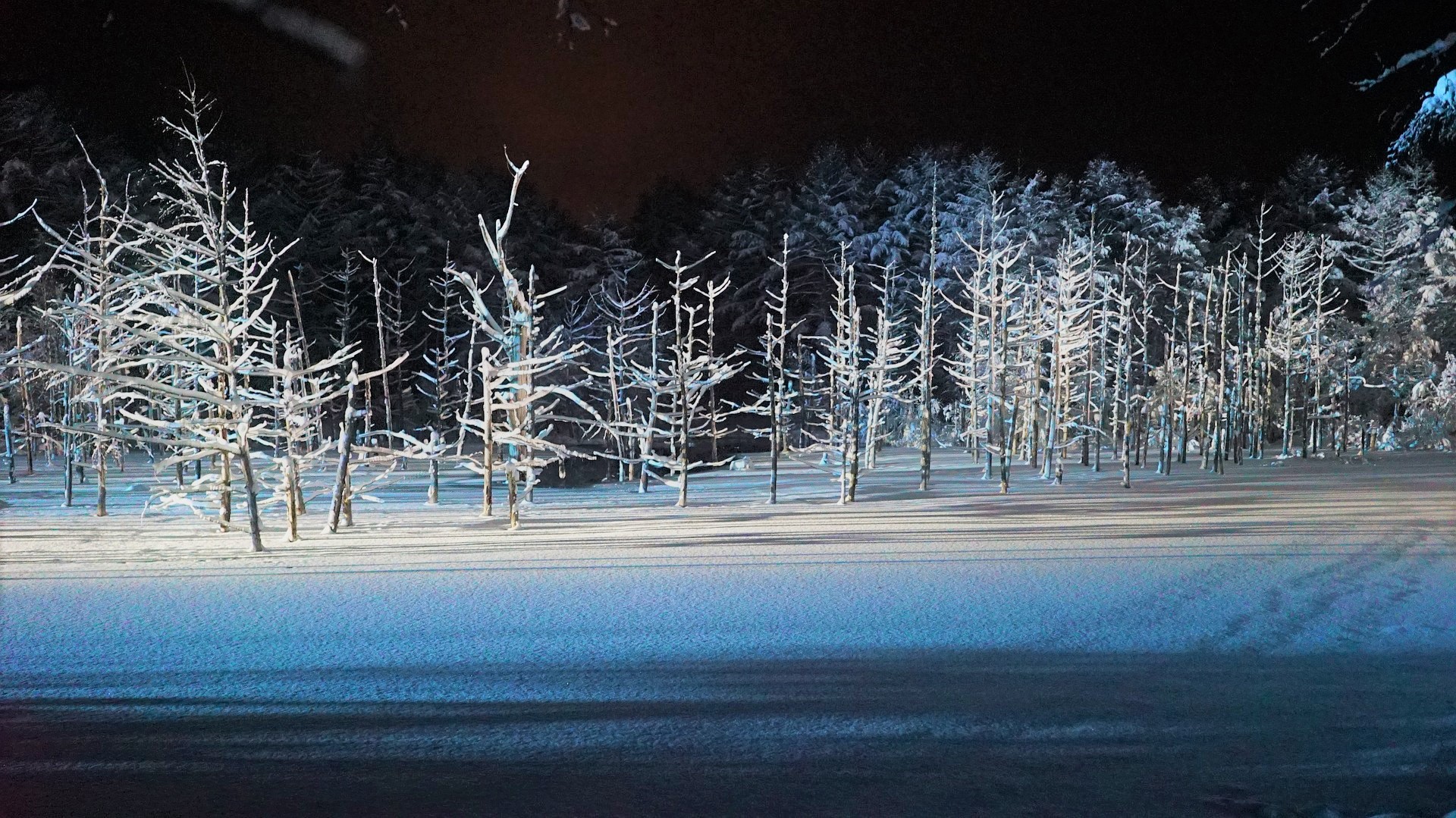Obon is an annual Buddhist event
Ghost stories and spirits walking the earth; summer “Obon” season is upon us in Japan. Officially starting this week, Obon to outsiders seems like a summer holiday of food, festivals, travel and dancing, but all of these summer traditions are rooted in a more ghostly and spiritual tradition.
Obon season is a time when families reach out and welcome the spirits of ancestors and recently departed loved ones back to their homes to reconnect with their history, family bonds and the memories of those who have gone before. Obon is similar to the traditional Christian holiday of Halloween or all hallows eve. Not the scary Jack-o-lantern version but the much more ancient festival of honoring and welcoming back the dead and departed.
For urban families in Japan, Obon season means traveling back to their hometown to visit grandparents, ancestral hamlets, and local shrines and temples. It means a summer journey of reconnection. Domestic travel is at its peak during this time as people leave Tokyo, Osaka and other busy cities. But instead of taking package tours to Europe or shopping trips to Hong Kong, Japanese travelers had out into the countryside, from Hokkaido to Okinawa.
Obon Traditions
At the start of Obon, the welcome fire (mukaebi) or lantern is lit at home to guide the spirits back to their families. Offerings are put out for the returning spirits including special foods, green tea, rice wine, sweets and seasonal fruits, and visits are made to the local cemeteries. Grave monuments are cleaned of any weeds and the dust of the past year is swept away. Flowers and offerings are left and incense is burned at these places of connection and memory.
Then it is time to dance and celebrate with the ghosts of loved ones. In local festivals around Obon, dances are held in almost every town and village across Japan. The dances are traditional and a bit different in each area. Usually synchronized dancing is done in a circle to the music of Japanese drums and whistles or pipes. Dancers are garbed in summer Yukata (cotton Kimonos) with other summer accessories like fans and straw hats. The dancing can go on for hours or days and some festivals, like the famous Awa Odori in Shikoku, include parades. Bon Odori time exudes a festival atmosphere with local food stalls for families, and games for children.
Finally at the end of Obon, the departed, loved ones are sent off to the spirit world with another fire, or lantern, called Okuribi or toronagashi. These final fires are often placed near water or float in lanterns on a river or in the ocean, thus bringing this special spiritual season to an end.
Obon is a time of coming together, celebration and catching up with your family. Traveling to the countryside means spending hot summer nights reconnecting with your past and remembering those that have gone before us. The season, although person, is also quite open and friendly. Visitors are welcome to town festivals and are especially welcome to see and even take part in the bon-odori dancing. Of course, many huge and famous Obon ceremonies and festivals are held around the country, but actually, almost every town in Japan will be doing something special for this Eason. So if you are visiting in the next few weeks be sure to keep your itinerary open for some local and fascinating traditional dance and festival experiences. Tell some ghost tales and even take some time to remember and welcome back your own ancestors or departed loved ones. Before you head off to a local Obon ceremony, get into the mood for ghosts and spirits with our own Ghost Trip in Tokyo featuring some sites of scary and restless spirts that will hopefully be appeased with Obon offerings this summer.
